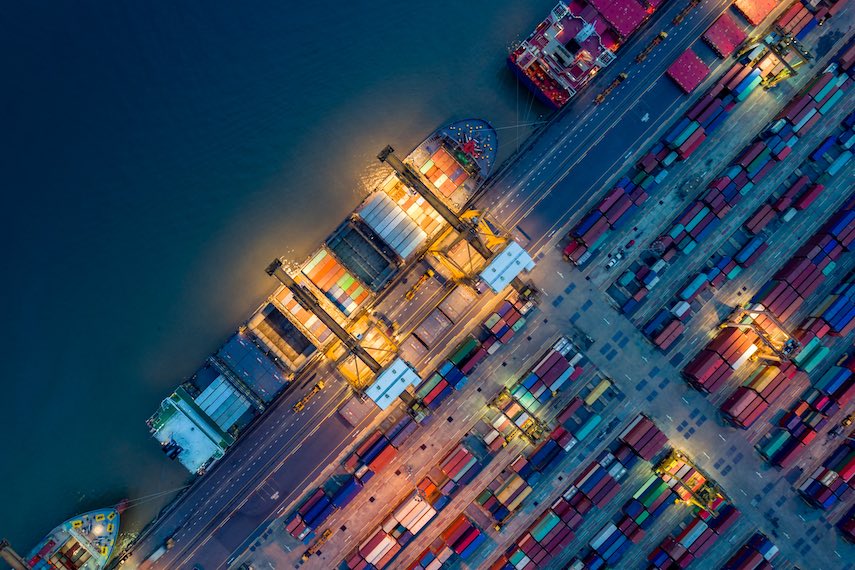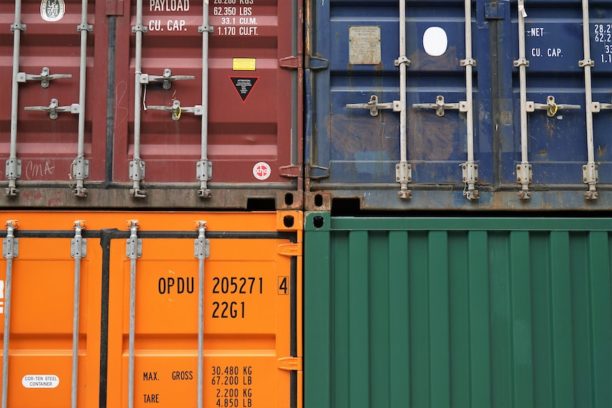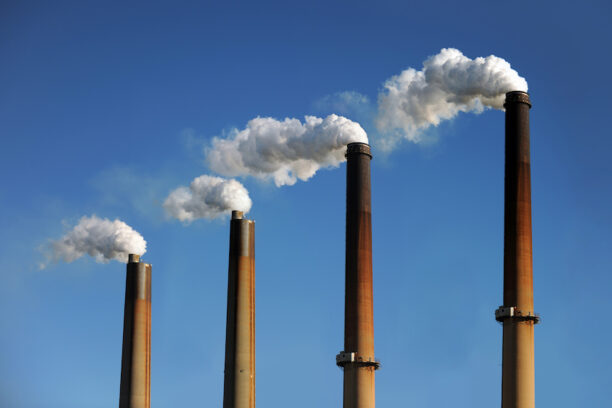I’ve previously written about how the new world of tariffs puts unprecedented pressure on supplier due diligence professionals. A new lawsuit against Dow Chemical may be a harbinger of what is to come. Kevin M. LaCroix, an attorney and Executive Vice President with RT ProExec, wrote about the suit in The D&O Diary:
“On August 29, 2025, a plaintiff shareholder filed a securities class action lawsuit in the Eastern District of Michigan against Dow and certain of its executives. The complaint purports to be filed on behalf of a class of investors who purchased the company’s securities between January 30, 2025, and July 23, 2025.
The complaint alleges that during the class period the defendants failed to disclose that ‘(i) Dow’s ability to mitigate macroeconomic and tariff-related headwinds, as well as to maintain the financial flexibility needed to support its lucrative dividend, was overstated; (ii) the true scope and severity of the foregoing headwinds’ negative impacts on Dow’s business and financial condition was understated, particularly with respect to competitive and pricing pressures, softening global sales and demand for the Company’s products, and an oversupply of products in the Company’s global markets; and (iii) as a result, Defendants’ public statements were materially false and misleading at all relevant times.'”
He then gets to my point:
“As far as I know, this lawsuit is the first securities suit to be filed related to the Trump tariffs. I suspect strongly it will not be the last. I think there will be more to follow, perhaps many more.
My concern is that when companies announce disappointing results, with the disappointment in whole or in part due to the adverse global trade conditions resulting from the impact of the tariffs, plaintiffs’ lawyers armed with hindsight will comb through prior company statements looking for optimistic comments about the company’s ability to weather the tariffs. The kinds of statements the plaintiffs’ lawyers will be looking for will touch on the company’s supply chain resilience, or its ability to source materials from lower-tariff countries, or its ability to have its suppliers or customers absorb the tariff-related costs.” [Emphasis added].
If Kevin is correct, supplier due diligence claims and programs will be under a microscope like never before – are you prepared?
Members can learn more about supply chain due diligence here. In addition, our Checklist How to Navigate the Uyghur Forced Labor Prevention Act contains details and guidance on CBP’s evidence standards under the UFLPA, what may be considered a model for adequate supplier due diligence efforts and evidence to defend against regulatory enforcement and third party litigation in the U.S.
Members also save hours of research and reading time each week by using our filtered and curated library of ESG/sustainability resources covering over 100 sustainability subject areas – updated daily with practical and credible information compiled without the use of AI.
If you’re not already a member, sign up now and take advantage of our no-risk “100-Day Promise” – during the first 100 days as an activated member, you may cancel for any reason and receive a full refund. But it will probably pay for itself before then.
Are you a client of one of our Partners – SourceIntelligence, TRC, Kumi, Ecolumix, Elm Consulting Group International or Impakt IQ? Contact them for exclusive pricing packages for PracticalESG.
Practical Guidance for Companies, Curated for Clarity.










